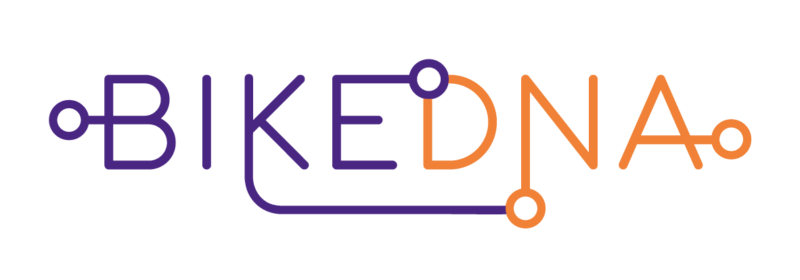Digital Technologies are imagined to play a key role in the transition towards a green and sustainable future. With its mission to bring together internationally leading research on the intersection between climate and digital technologies, the Center for Climate IT (CCIT) at the IT University of Copenhagen is naturally positioned to be a front-running contributor to a sustainable transition.
Being an interdisciplinary network of computer scientists, software engineers, social scientists and interaction designers, the CCIT approaches the climate emergency as a multidimensional and wicked problem. Data, machine learning, and AI all promise revolutionary advances in the speed and scale at which climate related problems can be addressed. The CCIT is a place that critically engages with such promises by opening up a space of collaboration and problematization with public and private organizations, government, civil society actors, as well as national and international scholars.
The CCIT houses research on, among other things, resource-aware computing, lean data modeling, sustainable and circular design processes, carbon accounting, green AI, sustainability reporting and the ‘decoupling’ discourse of ‘twin transitions’.
As an example of a research project, Resource-aware Data Systems investigates the hardware resource consumption characteristics of different data-intensive workloads (machine learning training, database queries, etc.). Based on these characteristics, the goal is to then explore the potential for more resource-efficient infrastructure that orchestrates the different data-intensive tasks over the heterogeneous processing units (CPUs, GPUs, TPUs) effectively. Currently, the team more specifically looks into resource-aware and resource-constrained machine learning.
As a second example of a research project, the Decoupling team looks into the ways in which digital technologies are often imagined as being instrumental to breaking the correlation between economic growth and carbon emissions. The project uses an ethnographic approach in South Africa, Iceland, Brazil, Bangladesh and China to explore how IT-professionals in these locations articulate the climate crisis as a problem in need of an IT solution.
You can find more of our research projects here, or our solutions below.














